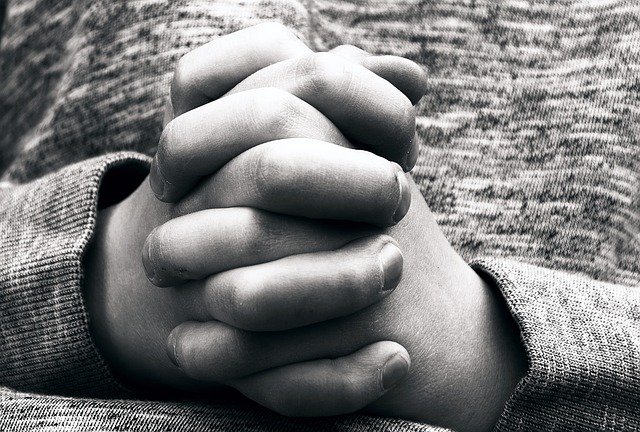
By Engy Magdy, Special to The Tablet
CAIRO — Kidnapped, raped, and forced to convert to Islam while she was only 14 years old. This is the story of Maira Shahbaz, a Christian girl from Punjab, Pakistan.
Maira’s case recently sparked anger among Pakistani Christians after the Lahore High Court unexpectedly sided with Mohamed Nakash, 28, who is accused of kidnapping Shahbaz and forcing her to marry him and convert to Islam. The Pakistani court allowed Nakash to maintain custody of Shahbaz.
Based on court testimonies, Nakash abducted the child at gunpoint and raped her repeatedly in April. Shahbaz’s mother, Nighat, contacted police to get back her daughter, who was being held by her abductor under the pretext of marriage. Nakash claimed that Maira Shahbaz was actually 19 years old and that the two had been married in October but Maira’s family challenged the false underage marriage.
It wasn’t until July 30 that the Faisalabad district court ordered to place the child in a shelter for women and girls until a ruling was made. However, on August 4 the High Court ruled that Maira had willingly married Nakash and converted to Islam, reverting the previous court rule.
“The girl was subjected to threatens from her rapist so she had to state in favor of him in court,” Maira’s lawyer Sumera Shafiq told The Tablet. While Nakash claimed he has a love affair with the child, Shafiq asserted that the girl, who is a minor, didn’t know him before the kidnapping.
Shafiq has filed a legal petition to cancel Maira’s marriage and conversion to Islam.
According to the Pakistani marriage law, the minimum legal age for marrying is 16 for girls and 18 for boys, however, girls from other religions can convert to Islam even if they are underage.
“If a girl married while she is still under 16 years old the marriage becomes invalid, but when the girl converts to Islam the whole case changes, as the Islamic interpretation has to be looked into,” Assad Jamal, a human rights lawyer and activist from Pakistan told The Tablet.
After the recent High Court ruling, Maira managed to flee Nakash’s home, where she has been subjected to a different kind of abuse from Nakash and his wife.
“Maira, her mother, and three siblings [have been] placed in a hiding place because Nakash has threatened to kill them,” Shafiq said.
According to reports, Maira told police that Nakash filmed her in compromising and suggestive positions and later threatened to murder her family. Now, Nakash has been accused of not only threatening to kill the girl but also to release the suggestive video as if it was filmed with her permission.
Forced conversions of Christian girls and women to Islam through kidnapping and coerced marriages occur throughout Pakistan, but in many cases, Muslim charities and other people exploit people’s economic needs and try and get people to convert to Islam with the promise of money.
“False conversion is a very complicated issue in Pakistan and there is a need for a new law to determine the forced conversion,” Jamal said. “There is a need for a procedure that allows a girl to stay away from a man who claims he has married her and she should get state protection. That system, unfortunately, isn’t there.”
He added that the state is biased in favor of Muslims and it doesn’t provide protection or social welfare to religious minorities: “Girls from poor Christians and Hindu families are promised … a different kind of life if they convert to Islam. So there is a kind of seduction and lure of a better future for them.”
According to a 2014 report by the Movement for Solidarity and Peace in Pakistan (MSP), around 1,000 Christian and Hindu women in the country are forcibly converted to Islam and married to Muslim men every year.
Lala Robin Daniel, Maira’s family friend and advocate, called for protecting young girls from different color, race, and religion — “lawmakers should make legislation.” In another Facebook post, Daniel said that Christians are part of the society, they sacrifice for the development of their country, while they live in fear of death than anyone else.
In India, Bishop Jacob Muricken, Auxiliary Bishop of Palai Diocese in Kerala state, has launched an online campaign — Justice for M3 (Maira, Minor, Minority) — to “collectively take a stand against, and strongly condemn, the contemporary scenario of interminable discrimination against minorities, women, and specifically children around the globe.”
